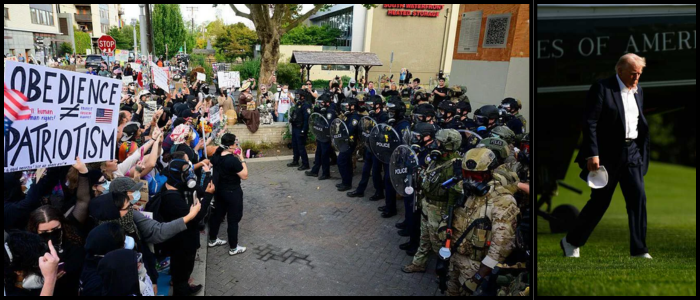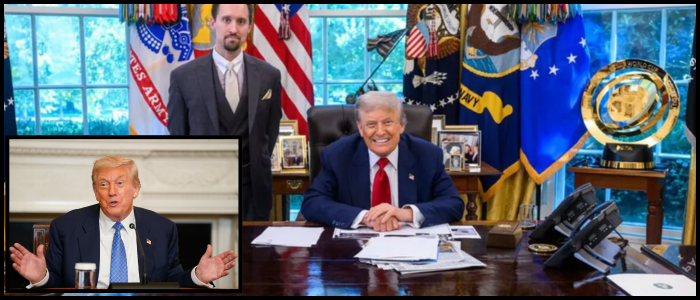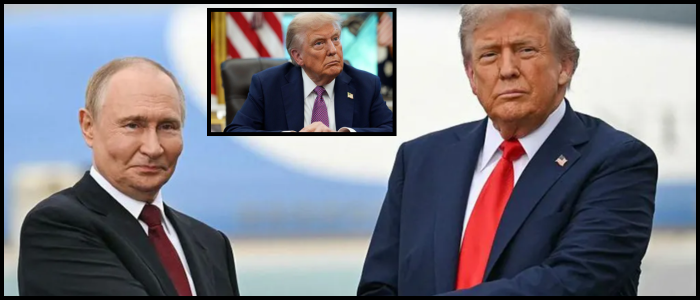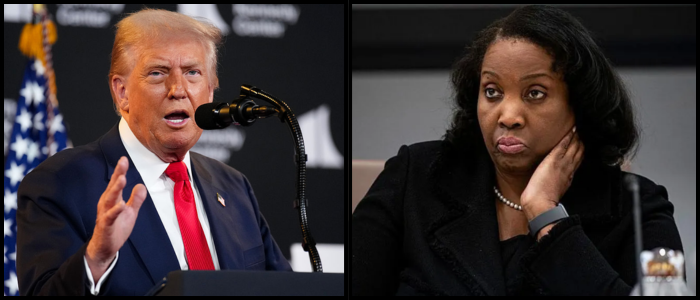Their key message was about how to sell the merits of "slow and steady" government to voters at a time when fast solutions and plain-speaking anti-establishment figures are in vogue. "We've been focused on the real solutions here while others are taking pictures of the problem," Starmer said, in a clear dig at Reform UK leader Nigel Farage, who had earlier generated headlines by filming a small boat crossing the English Channel.
Starmer defended the proposed new returns agreement with France as evidence of progress being made, describing it as an example of how pragmatic politics can achieve tangible benefits. "We have to enforce that pragmatic politics is how we deliver the victories that are most meaningful," he said, cautioning against what he said were "the politics of easy answers."
Shared Challenges Across the Channel
The French President Emmanuel Macron raised similar concerns, calling on voters in both countries to rise above simplistic narratives. He stressed the need to acknowledge "the complexity of the world" and to resist the siren song of populist rhetoric.
Both leaders also face competition from parties who say they are the real change-makers — Nigel Farage's Reform UK in Britain and Marine Le Pen's National Rally in France. They have tapped voter frustration by presenting themselves as the anti-establishment alternatives.
There's good news for Boris, though, in new polling from Portland Communications, which found 26 per cent of voters who had previously supported Labour but switched to Reform UK were prepared to switch back, given that the government showed it was getting things done, especially on reducing small boat crossings. It also found that almost half of voters see Farage as the politician most likely to bring about change now.
This focus highlights the need for Starmer and his party to demonstrate that they are making a difference on their policies, particularly a deeply contentious (in more senses than one) issue like immigration and border control.
Political Stakes and Uncertain Futures
And now Starmer is confronted with a huge political gamble: to ask for more time at a time of growing impatience. His point is that while Farage can offer a faster route to change, those promises might end up being illusory.
In private, leading figures in both the Labour and Conservative parties are worried. In separate chats, political insiders voiced concern that should Farage's party further rise — or even win power — voters could end up even more disenchanted if they feel let down by him as well. "If Reform UK somehow bombs like its forebears, which way will the country go?" one of them wondered.
For now, Starmer and Macron are gambling on experience, responsible governance, and international cooperation as an antidote to the pull of populist movements. But whether that message will work with the increasingly restive electorates is an open question.
Politics
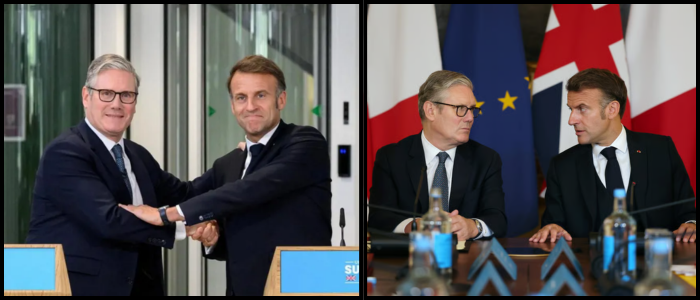
Starmer and Macron Defend Pragmatism Against Populist Rise

Addressing reporters shoulder to shoulder, the two leaders recognised the political obstacles they each confront in the face of expanding populist movements. Though they did not mention them explicitly, their remarks were heavily influenced by the increasing success of Reform UK in Britain and the National Rally party in France, both of which have begun to surge in recent opinion polls.











